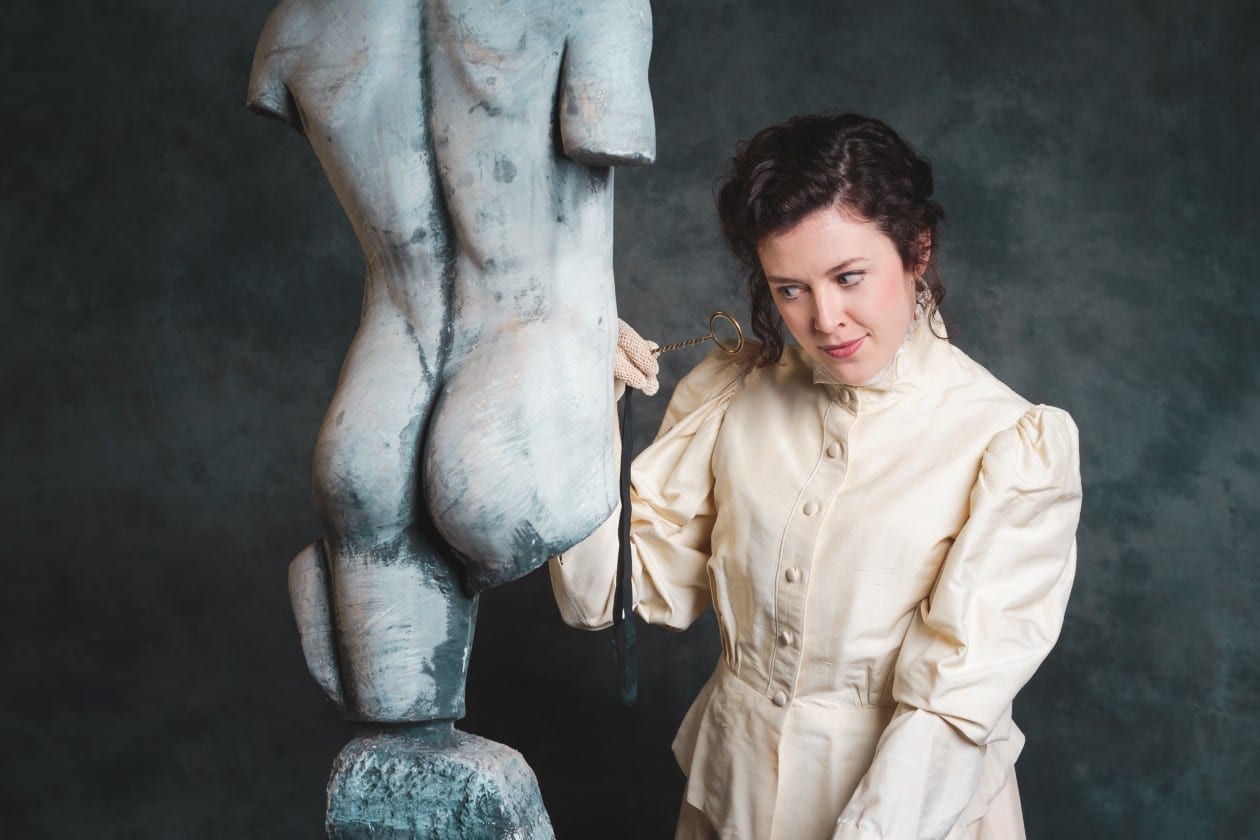Having watched a really dire modern play the previous night, I was delighted to head over to Earl’s Court and enjoy a pint of real ale at the Finborough Tavern before repairing upstairs to the little theatre where the least known of Gilbert & Sullivan’s comic operas was undergoing a revival. And what a pleasure it was. The wonderful tunes of Sir Arthur Sullivan, the witty and inventive lyrics of Sir William Schwenck Gilbert, beautifully sung by a splendid cast, accompanied by two accomplished pianists. What’s not to like?
Set in a Ruritanian kingdom, the fantastical plot has got some surprisingly modern elements, centring upon the battle of the sexes. Princess Ida’s cantankerous guardian, the Lord Protector, wants to keep her for himself, and is alarmed by the arrival of six foreign princes who have come to sue for her hand. So he packs her off to a remote part of the country, where she will be head of a new university for women only. The absurd notion of women getting a university education was in the air (Girton College at Cambridge was founded at around this time), and duly gets the Gilbert & Sullivan satirical treatment.
Not to be put off, the princely suitors make their way to the university, led by Hilarion, a Hungarian prince who was actually married to Princess Ida when they were both infants. (Nowadays, the Home Office Forced Marriage Unit would be called in.) Three of the suitors disguise themselves as women and attempt to enrol at the university, but are rumbled. The other three look set to storm the university by main force, and although Princess Ida’s aristocratic students initially form themselves into a militia to repel the attack, they cannot keep up this aggressive stance, and resort to traditional feminine wiles to win over the enemy. Three of them pair off with love-struck princes, while Hilarion manages to overcome Ida’s stubborn feminism with the sincerity of his own suit. The grumpy Lord Protector, having failed miserably to attract Ida to himself, decides that marriage is not for him. But he does conduct a wedding ceremony for everybody else at the end.
Parts of the comic opera have been modernised to some extent, an example perhaps being that in the nuptial celebrations at the finale two of the lady students get married to each other, while two of the princes likewise tie the knot. Such a dénouement was probably not intrinsic to the original plot. But this production has remained faithful to the music and the lyrics of that great Victorian duo, and faithful also to their light-hearted and witty take on one of the perennial dilemmas of human society.

